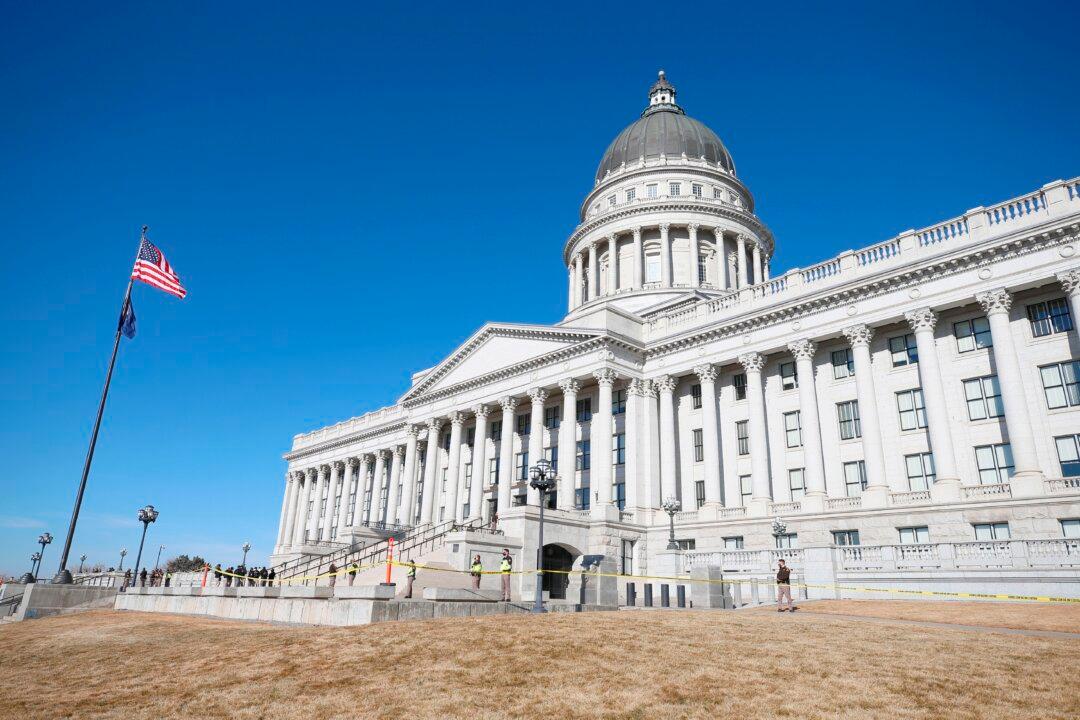The pandemic has exacerbated the trend of growing federal power, and Republican state legislators are concerned about it. New mask guidance has spurred a backlash from local leaders who are now anxious about the possibility of further restrictions, including a vaccine mandate and new lockdowns.
In addition, a number of states are fighting against federal restrictions included in the COVID-19 relief plan on tax cuts.





